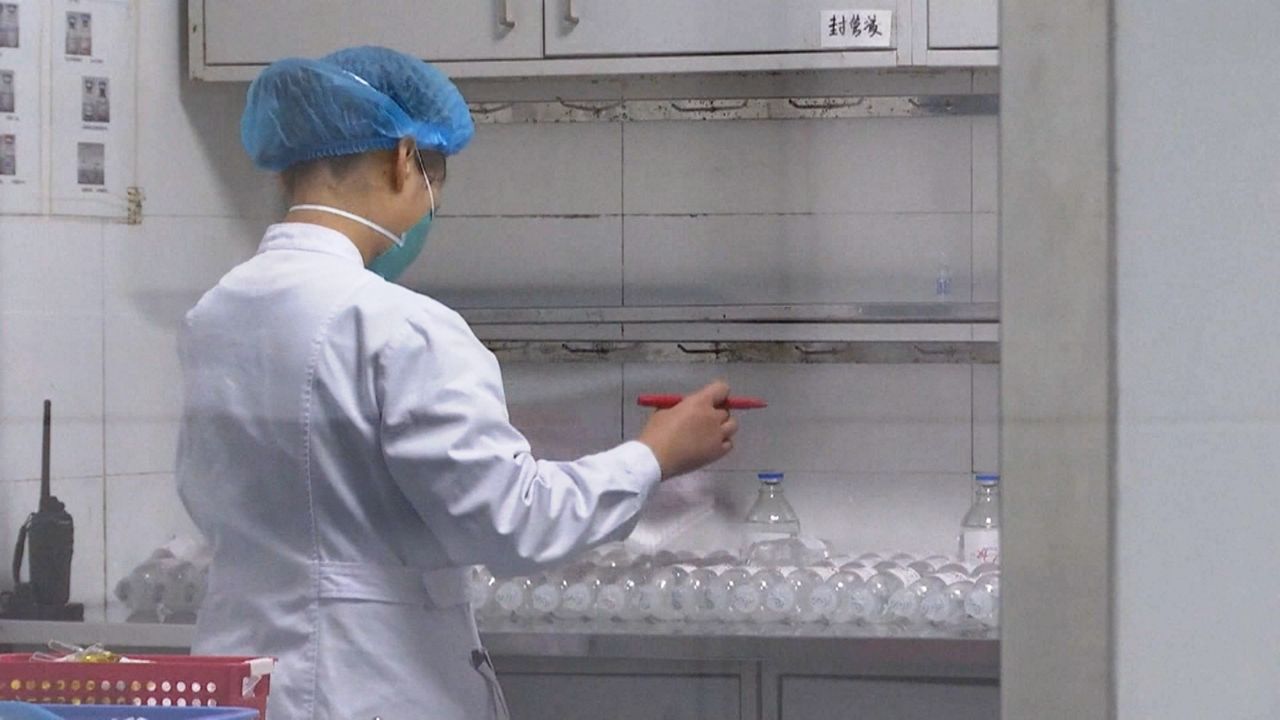One person in New York City was being tested for possibly having the coronavirus, city officials confirmed Saturday.
The patient, who was being treated at Bellevue Hospital, traveled to China and went to the hospital after experiencing symptoms consistent with the coronavirus, Mayor Bill de Blasio said at a news conference at the hospital in the evening.
The city hopes to get the patient’s results back from the CDC within the next 48 hours.
If the patient tests positive for coronavirus, they will be treated and the Department of Health will trace their “substantial contacts” so they can receive medical treatment.
The city said it will notify the public if the patient tests positive for the virus.
As of this writing, no one else in New York City was being tested for coronavirus, city officials said. According to Gov. Andrew Cuomo’s office, several people in New York outside of the city are being tested for the virus, with several tests coming back negative.
The patient at Bellevue had a fever, cough, and runny rose, said Dr. Oxiris Barbot, the city’s health commissioner. The individual was evaluated to rule out another respiratory virus, such as the flu, that could have accounted for the symptoms, according to Barbot.
The city will not reveal any further identifying details about the person, who Barbot said was stable and “doing well.”
The patient came to New York City from mainland China, according to Barbot, but it’s unclear if they arrived on a direct flight. The individual arrived at Bellevue late Friday night and had been in the United States for about two days before developing symptoms, a hospital official said.
City health officials say the most likely way someone contracts coronavirus is through extended contact, likely from family members at home. Barbot said it’s unclear how easily the virus can transmit in less extended contact, and this patient has no family or friends in New York City who would have had such extended contact.
Officials have asked New Yorkers to be extra cautious, and advise anyone who has traveled to the Hubei region of China within the past 14 days and experiencing the symptoms to get medical care.
Symptoms of the virus include:
- Runny nose
- Headache
- Cough
- Sore throat
- Fever
The virus can also cause wheezing and pneumonia. It is a member of the coronavirus family that's a close cousin to the deadly SARS and MERS viruses that have caused outbreaks in the past.
"Our advice to New Yorkers during this time is to go about their daily lives, but to practice everyday precautions during flu season," Barbot said. "That includes covering their mouth and their nose when they cough or they sneeze, to wash their hands often and to stay home if they are not feeling well. Additionally, it is not too late to get the influenza vaccine."
There is no cure for the coronavirus. Health officials have yet to fully understand how destructive the virus could be, or exactly how quickly it can spread.
At least 250 people in China have died — and over 11,000 have been sickened globally — due to coronavirus.
The news of the potential New York City case comes a before Americans returning from China will be screened at select ports of entry, including Kennedy Airport, as part of new entry restrictions amid the coronavirus outbreak.
AIRPORTS WHERE INCOMING FLIGHTS FROM CHINA WILL BE DIRECTED TO
John F. Kennedy Airport
San Francisco International
Seattle-Tacoma International in Washington
O'Hare International in Chicago
Hartsfield-Jackson Atlanta International in Georgia
Daniel K. Inouye International in Hawaii
Los Angeles International Airport (LAX)
A PUBLIC HEALTH EMERGENCY
The United States on Friday declared a public health emergency and took drastic steps to significantly restrict entry into the country because of the new virus that hit China and has spread to other nations.
President Donald Trump signed an order that will temporarily bar foreign nationals, other than immediate family of U.S. citizens and permanent residents, who have traveled in China within the last 14 days. The new restrictions, which take effect at 5 p.m. EST on Sunday, were announced by Health and Human Services Secretary Alex Azar, who is coordinating the U.S. response.
Americans returning from China will be allowed into the country, but will face screening at select ports of entry and required to undertake 14 days of self-screening to ensure they don't pose a health risk. Those returning from Hubei province, the center of the outbreak, will be subject to up to 14 days of mandatory quarantine.
Beginning Sunday, the U.S. will also begin funneling all flights to the U.S. from China to seven major airports where passengers can be screened for illness.
There is no timetable for how long all these precautionary measures will be in place since officials say they expect more cases in the U.S. to pop up in the coming days and weeks.



